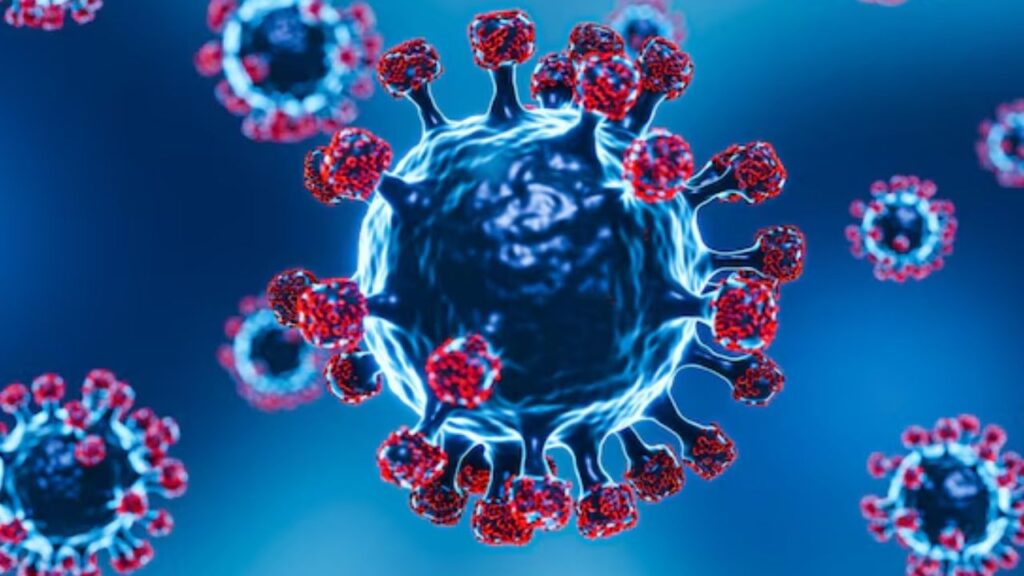Rising Concerns About COVID-19 in India
India is once again bracing for the potential resurgence of COVID-19, with early signs already surfacing. The nation faced the pandemic during 2020-21, and as the world witnesses a surge in cases from the United States to South Korea, experts warn that India should prepare for a possible new wave of infection.
Insights from Experts
Professor Deepak Sehgal, a virologist at Shiv Nadar University in Noida, has indicated that COVID-19 may once again infiltrate India, urging citizens to adopt precautionary measures starting now. His advice highlights the importance of vigilance in light of the current global context.
COVID-19 Cases Surge in the USA
In the United States, there has been a notable increase in COVID-19 cases across 25 states, as reported by the Centers for Disease Control and Prevention (CDC). Currently, over 4,000 patients are hospitalized due to the virus, as per the New York Times. This worrying trend is not isolated, with South Korea also reporting a significant rise in infections.
Global Testing Metrics
According to the World Health Organization (WHO), an average of 17,358 COVID tests for SARS-CoV-2 were conducted weekly across 85 countries from June 24 to July 21. These statistics underscore the ongoing surveillance efforts to track the virus’s spread globally.
The Current Situation in India
As for India, recent data indicates that between June and July, 908 COVID-19 cases were reported, along with two fatalities. While the current situation is not as severe as in other nations, Professor Sehgal emphasizes the need for preparedness against any potential outbreaks. Notably, the WHO reports that approximately 26% of deaths globally have been attributed to this virus, with an 11% increase in total cases.
Health Ministry’s Report on New Variants
The health crisis is now associated with the KP variant, which is related to the Omicron strain that was first identified globally in January. KP.2 was first detected in Odisha, India, in December 2023. According to the Central Health Ministry’s COVID dashboard, a total of 279 active cases have been registered in several Indian states, including Assam, Delhi, Gujarat, Karnataka, Kerala, Maharashtra, and Madhya Pradesh, where infections are on the rise.
Reassurances from the Health Minister
Despite concerns regarding a potential resurgence of COVID-19, the situation in India remains relatively stable. Health Minister J.P. Nadda reported in July that there has not been any significant spike in hospitalizations related to COVID-19. Professor Sehgal acknowledges that the government has enhanced monitoring and assures that an adequate supply of COVID-19 vaccines is available in proportion to the population. He further advocates for booster vaccine doses as a critical element in combating the virus’s resurgence.
Wrapping Up
The global landscape of COVID-19 is continually evolving, and India must remain cautious. By adhering to public health guidelines and staying informed about vaccination opportunities, citizens can play their part in curbing the effects of this pathogen. The collaboration between government entities, healthcare professionals, and the public will be essential in navigating the challenges ahead.
